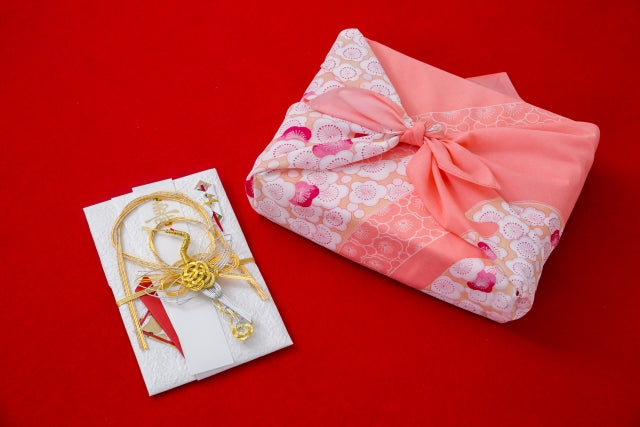
The Meaning of Knots
Knots hold various meanings, encompassing a range of significances. In Japanese culture, aside from being used in decorative knots (such as "mizuhiki" and auspicious knots), knots are also seen as symbols of connections and ties with others. The shape of the knot, the length of the thread, and even the color all carry different meanings, serving as symbols of good fortune and well-being. For instance, it's customary to tie knots with an intention of good luck and harmonious relationships when attaching them to gifts during celebratory occasions.
Attaching knots to gifts is more than just decoration; it's a ritual that communicates emotions. These knots convey profound gratitude and wishes through the gift, thereby strengthening the bond between the giver and the recipient.
In Japanese culture, knots are widely recognized as symbols of warding off evil. However, beyond that, knots are also essential means of imbuing Japanese souls and hearts. Decorative rope used at shrines and around sacred trees, known as "shimenawa," symbolically represents this rich meaning. Through its knots, shimenawa encapsulate sacred power, playing a role in safeguarding sanctuaries. Moreover, they also signify the act of purifying holy places, and adding knots to gifts serves as an important symbolic expression of these Japanese cultural values.
Through such auspicious customs, the Japanese have nurtured a rich spirit and deep connections.
Gift wrapped in a "furoshiki," tied with care, and given with heartfelt sincerity. Unfold the beauty of reusable elegance and embrace mindful living.
#musubismfuroshiki
#lovefuroshiki
#fabricwrap
#zerowaste
#wrapwithlove
#heartfelt
#giftsforlovedones
#amazon
#livingwithfuroshiki
#kurashi
#furoshikiworkshop
#workshop
